9 Types of Drinking Water Ranked: The Best and the Worst
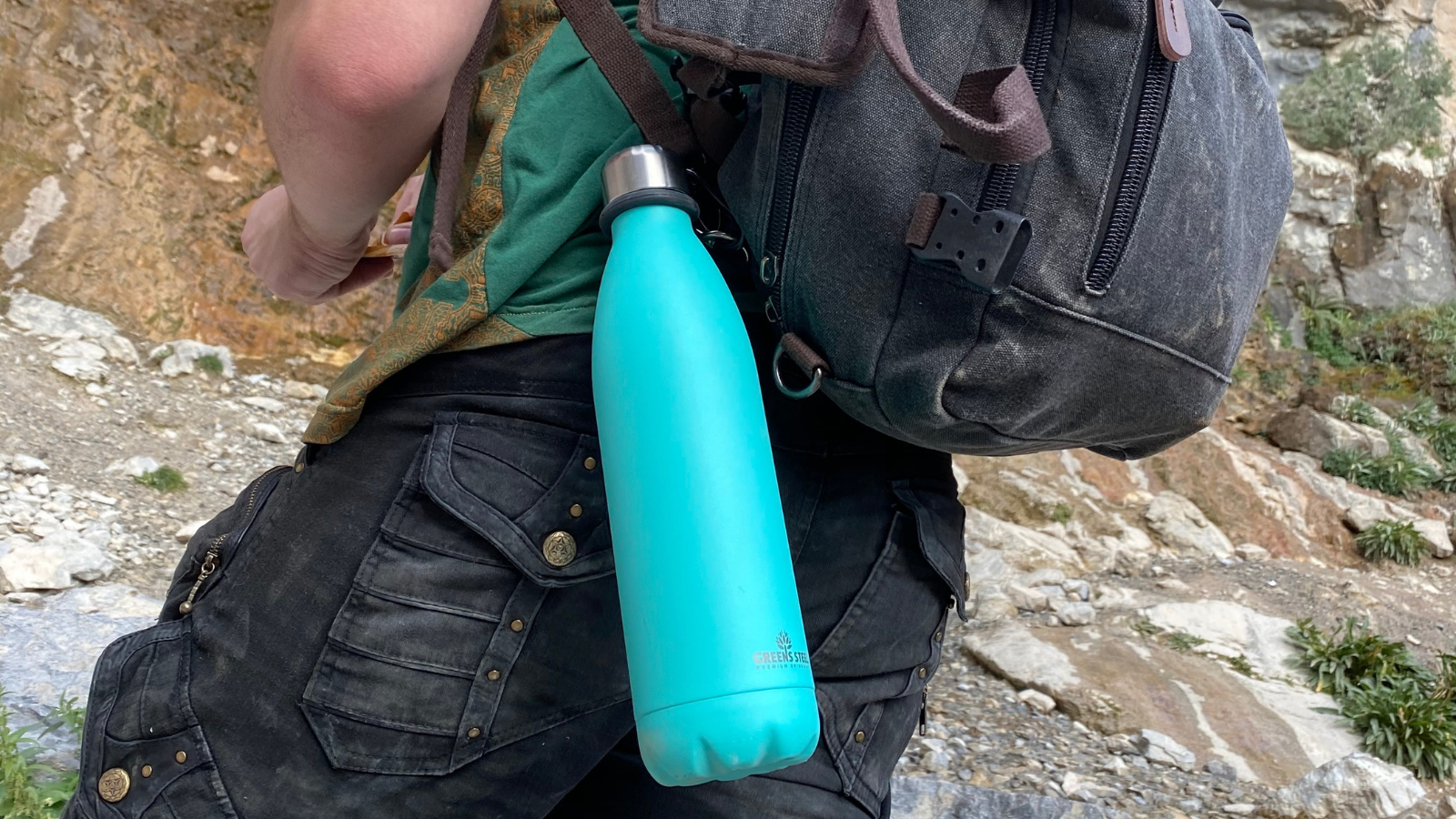
Featured: Stainless Steel Water Bottle
Sip Smart: The 9 Types of Drinking Water, Ranked
Not all water is created equal. Depending on the source, processing, and minerals (or lack thereof), the water you drink can either support your health — or just barely meet the bar for hydration.
From the purest forms to the not-so-great, here’s how nine types of drinking water stack up, ranked from best to worst.

Featured: 50 oz Beast Tumbler
1. Distilled Water
Distilled water is created by boiling water into vapor and then condensing it back into liquid, leaving behind impurities, toxins, and minerals. It’s considered the cleanest form of water you can drink. While some criticize it for lacking minerals, those can easily be obtained from a balanced diet. For people wanting a truly “blank slate” of hydration, distilled tops the list.
2. Structured Water
Also called “hexagonal water” or “living water,” structured water is theorized to have a unique molecular arrangement that makes it more bioavailable. Proponents say it hydrates the body more efficiently, though scientific evidence is still emerging. Many health enthusiasts swear by it as the next evolution of drinking water.

3. Alkaline Water
Alkaline water has a higher pH level (usually 8–9) than regular tap, which sits closer to 7. Fans believe it helps neutralize acid in the body and improve hydration. Some studies suggest it may help with acid reflux, but more research is needed. Still, it offers a smoother taste and a potential health boost, placing it high on the list.
4. Reverse Osmosis (RO) Water
RO water is filtered through a semipermeable membrane to remove contaminants like lead, chlorine, and pesticides. It’s cleaner than most bottled or tap water, though like distilled, it also strips minerals. Many RO systems now include remineralization filters to add those back in, making this a strong choice for everyday drinking.
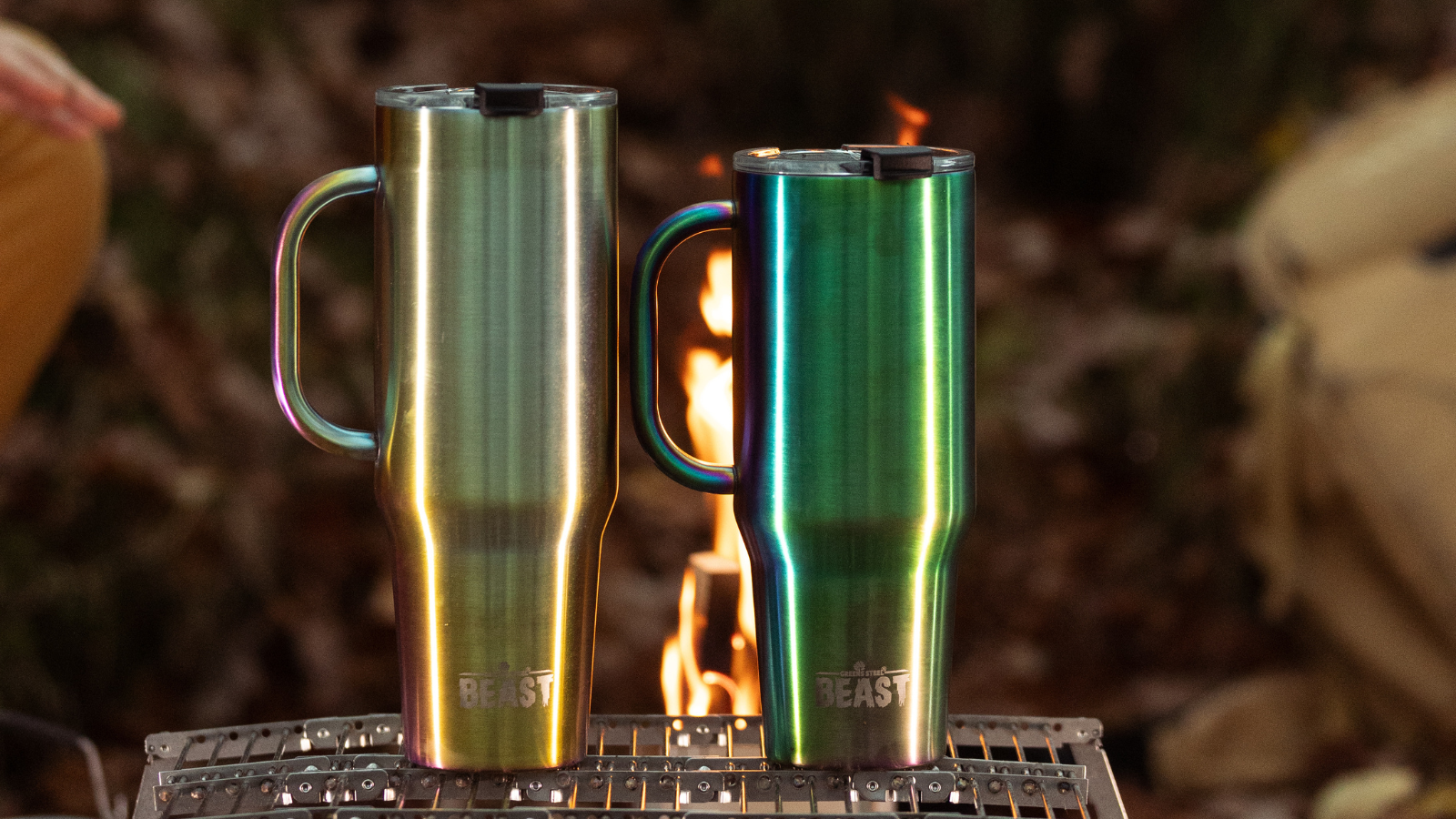
Featured: 42 oz / 50 oz Beast Tumbler
5. Spring Water
Bottled straight from underground springs, this water contains natural minerals and electrolytes that give it a crisp, refreshing taste. While it’s less processed, the quality depends on the source and bottling standards. A good spring water is excellent, but not all are created equal, so it falls mid-list.
6. Purified Water
Purified water has been mechanically filtered or processed to remove impurities. While clean and safe, it usually lacks the mineral content of spring or alkaline water. It’s reliable and better than bottled or tap, but not quite top-tier.
7. Bottled Water
Convenient but inconsistent, bottled water is often just repackaged tap water that’s gone through minimal filtration. Not only does it vary in quality, but plastic bottles can leach chemicals like BPA if exposed to heat. It’s better than straight-from-the-tap in some cases, but far from ideal.
8. Carbonated Water
Sparkling water may feel refreshing, but carbonation makes it acidic, which can erode tooth enamel over time. While it still hydrates, it’s not ideal for your teeth or digestive system if consumed in large amounts. Better as an occasional treat than a daily staple.
9. Tap Water
Tap water quality varies greatly by region. While heavily regulated, it can contain chlorine, fluoride, heavy metals, and microplastics. It’s the most accessible and cheapest option, but also the riskiest in terms of hidden contaminants — making it the last choice on the list.
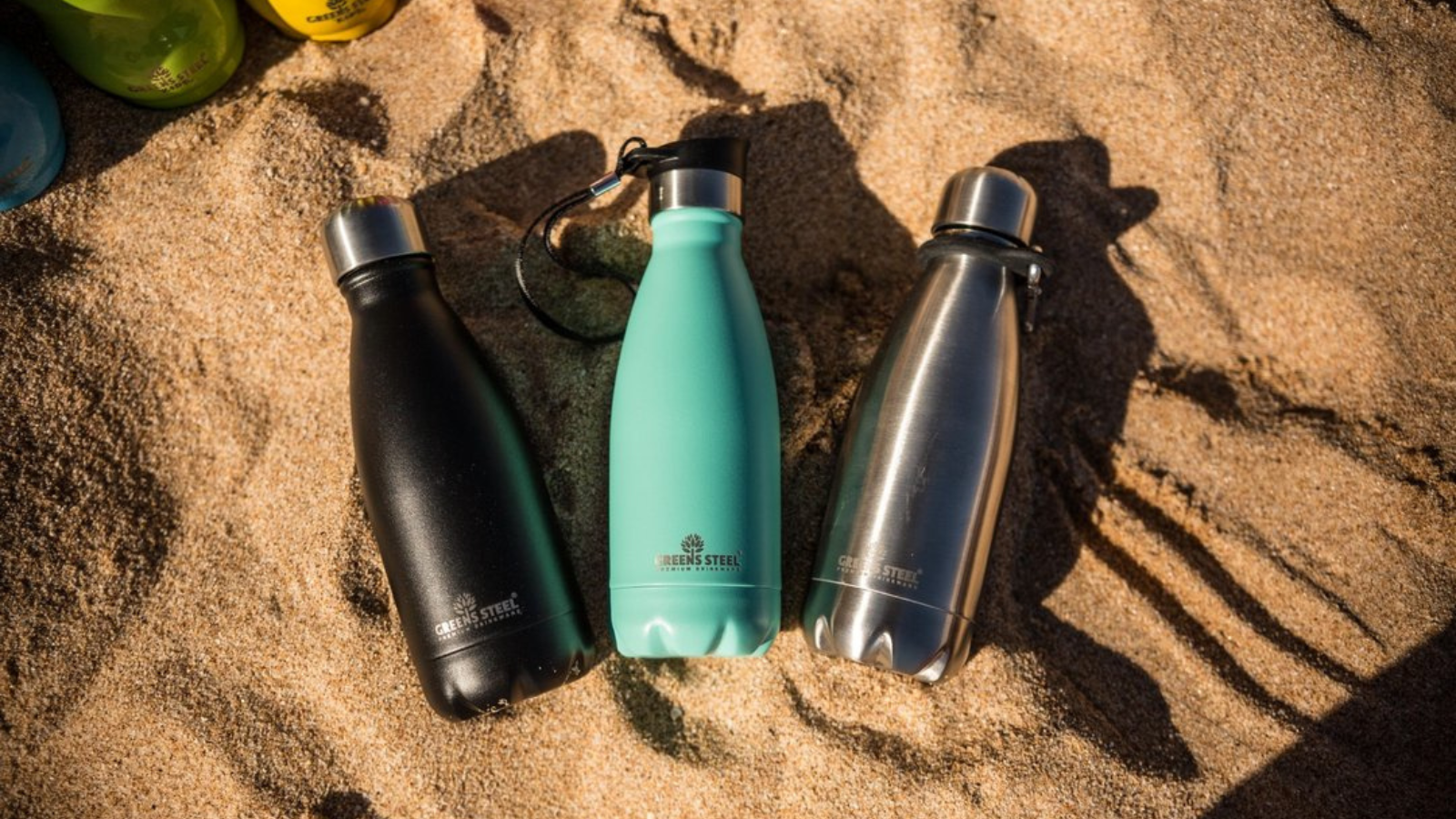
Featured: Stainless Steel Water Bottle
Final Sip
Water is the foundation of health, but choosing the right type makes all the difference. From ultra-clean distilled water to the questionable quality of tap, this ranking shows why not all hydration is equal.
If you want water that stays pure and refreshing all day long, don’t forget the vessel matters too — your Greens Steel stainless steel tumbler keeps it fresh, cold, and contaminant-free wherever you go.

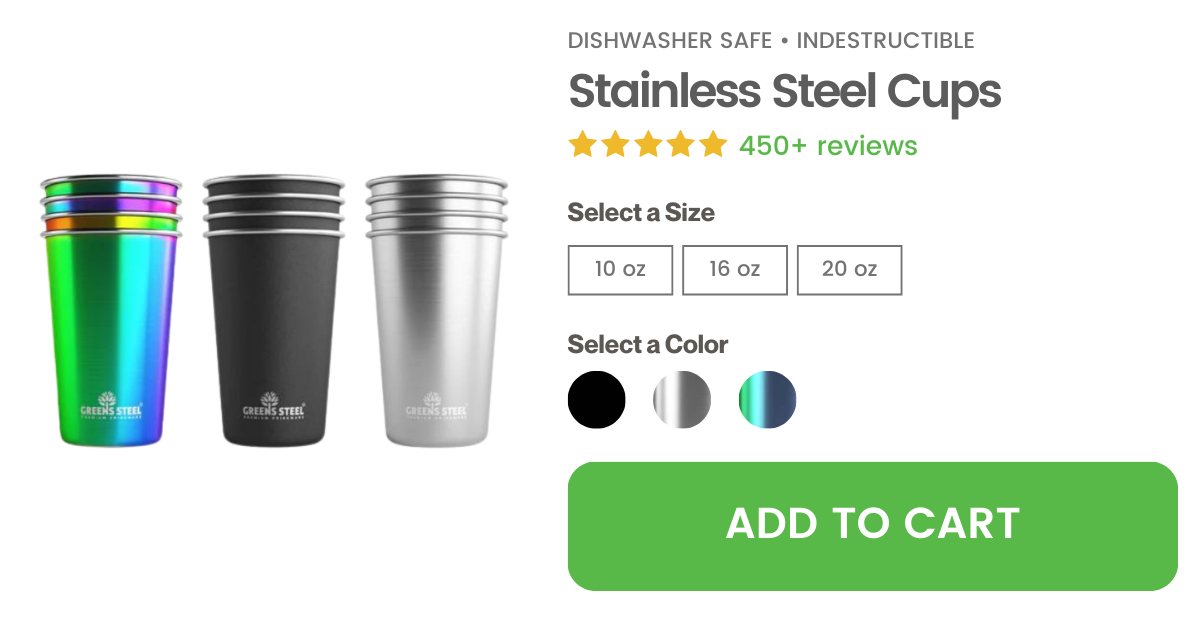
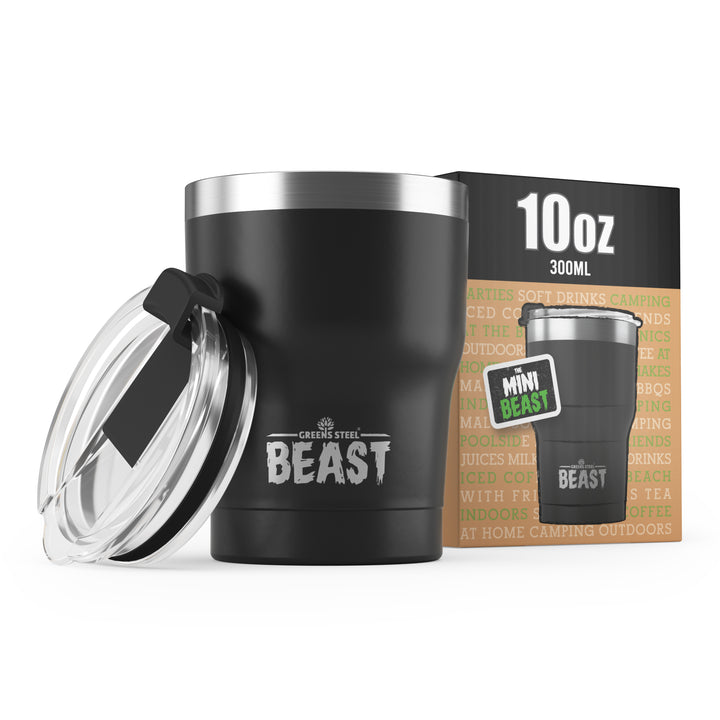
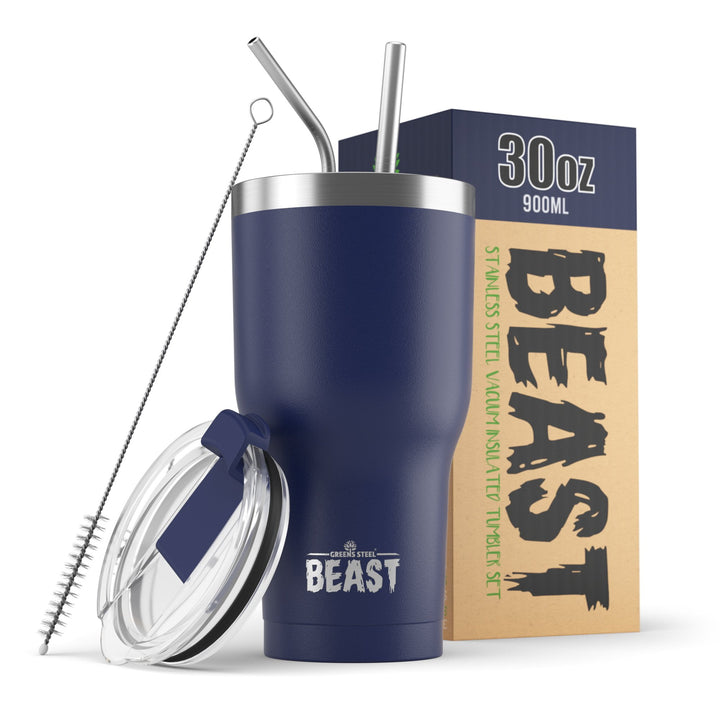
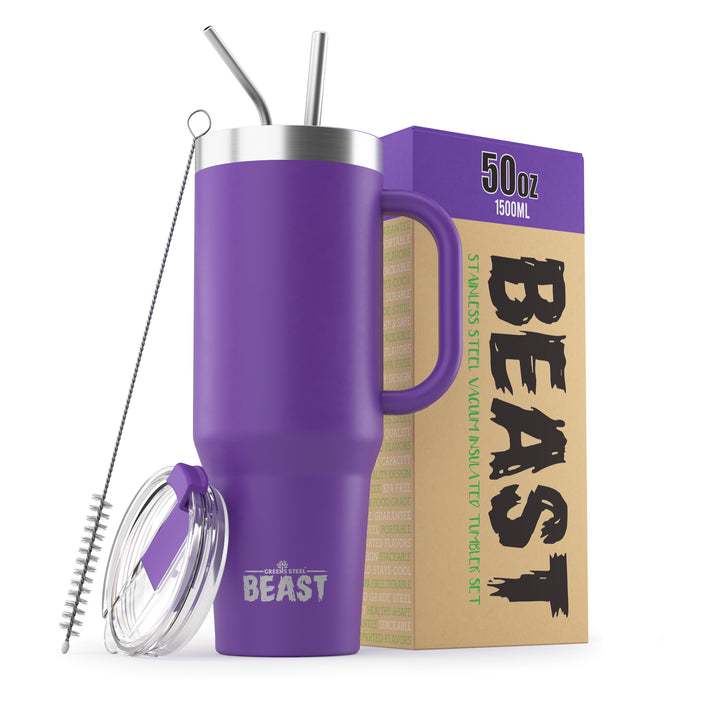


Leave a comment